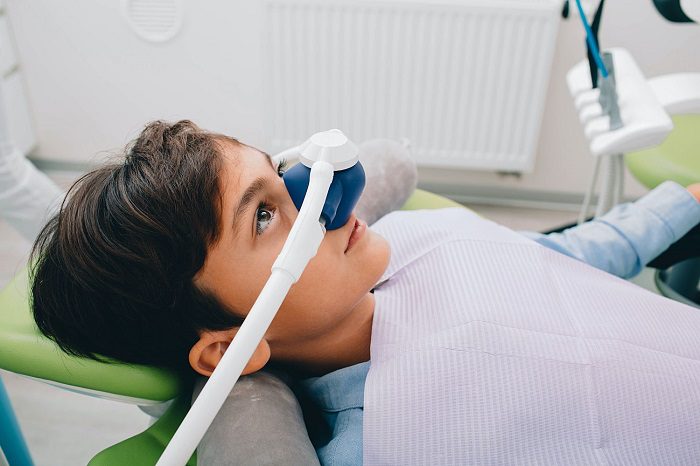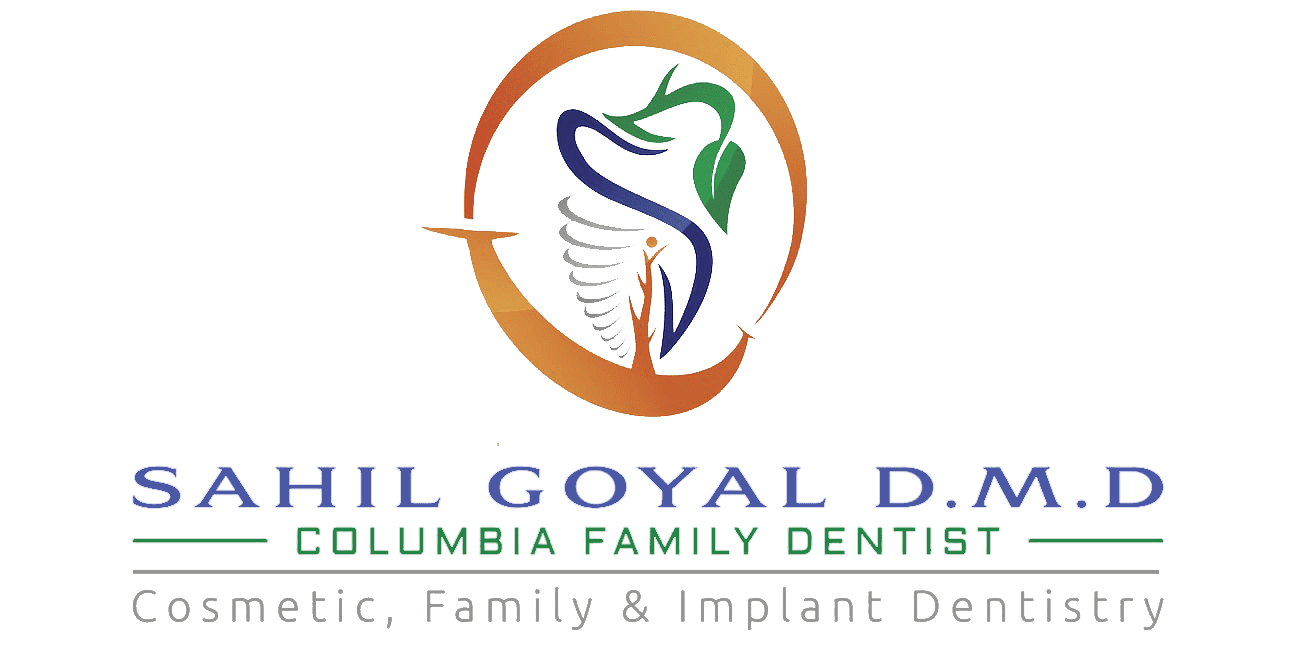About 20% of adults suffer from a fear of the dentist. But you should not let your nervousness impact your oral health. Modern dental methods prioritize dental patient comfort so that you can feel at ease in the dentist’s chair.
Sedation dentistry refers to targeted medicine that induces a calm feeling during dental work. This differs from anesthesia, which functions to stop potential pain.
These treatments can work in tandem with one another to ensure the patient has a positive experience at the dentist’s office. Learn more about these differences and how they compare with each other by reading on.

Local Anesthetics
One of the leading reasons people experience dental fear is the anticipation of pain during dental work. Your dentist will ensure you do not feel any discomfort during a dental procedure using a local anesthetic.
This medicine is delivered via an injection in the mouth directly to the nerve. It serves to block the nerve from transmitting pain signals to the brain, numbing the area. A dentist can also apply a topical anesthetic to this spot before administering the injection for further comfort for the patient.
Dentists will use local anesthetics for many common dental procedures, including dental fillings. The numb feeling will last for a few hours, wearing off gradually after you leave the dentist’s office.
It will not impact your mental state at all, so you can return to your usual schedule after this type of treatment without issue. But you might want to be careful performing oral functions so that you do not accidentally bite and injure your lip or inner cheek.
Sedation Dentistry Options
While an anesthetic offers pain prevention, sedation dentistry will address lingering dental anxiety directly. This medicine creates a calm feeling in the patient so that they can relax during dental work.
You can receive this medicine through laughing gas or an oral tablet. Patients breathe nitrous oxide, commonly known as laughing gas, through a nasal mask to make them feel at ease. It will generate a positive feeling without impacting the patient’s awareness or consciousness.
The effects of laughing gas will wear off as soon as the mask is removed and the patient breathes normally again. So the patient can return to their regular activities after their dentist appointment.
Oral sedation involves taking a prescribed pill prior to the patient’s dental visit. Then in the chair, they can feel relaxed, sometimes to the point the patient falls asleep. The patient can feel groggy at the end of their appointment, so they should arrange for someone to drive them home from the office.
General Anesthesia
General anesthesia has similarities to dental sedation in that it will impact the patient’s consciousness level. The medicine is given through an IV and will render the patient unconscious during the dental work. The patient will not feel anything or remember anything after this treatment.
After stopping the IV, the patient will wake up, though they may feel disoriented for the rest of the day. Dentists usually reserve this medicine for more invasive dental procedures like implant dentistry or for patients with severe anxiety.
